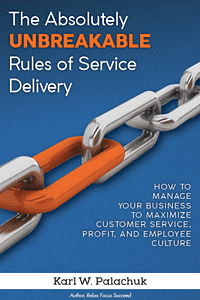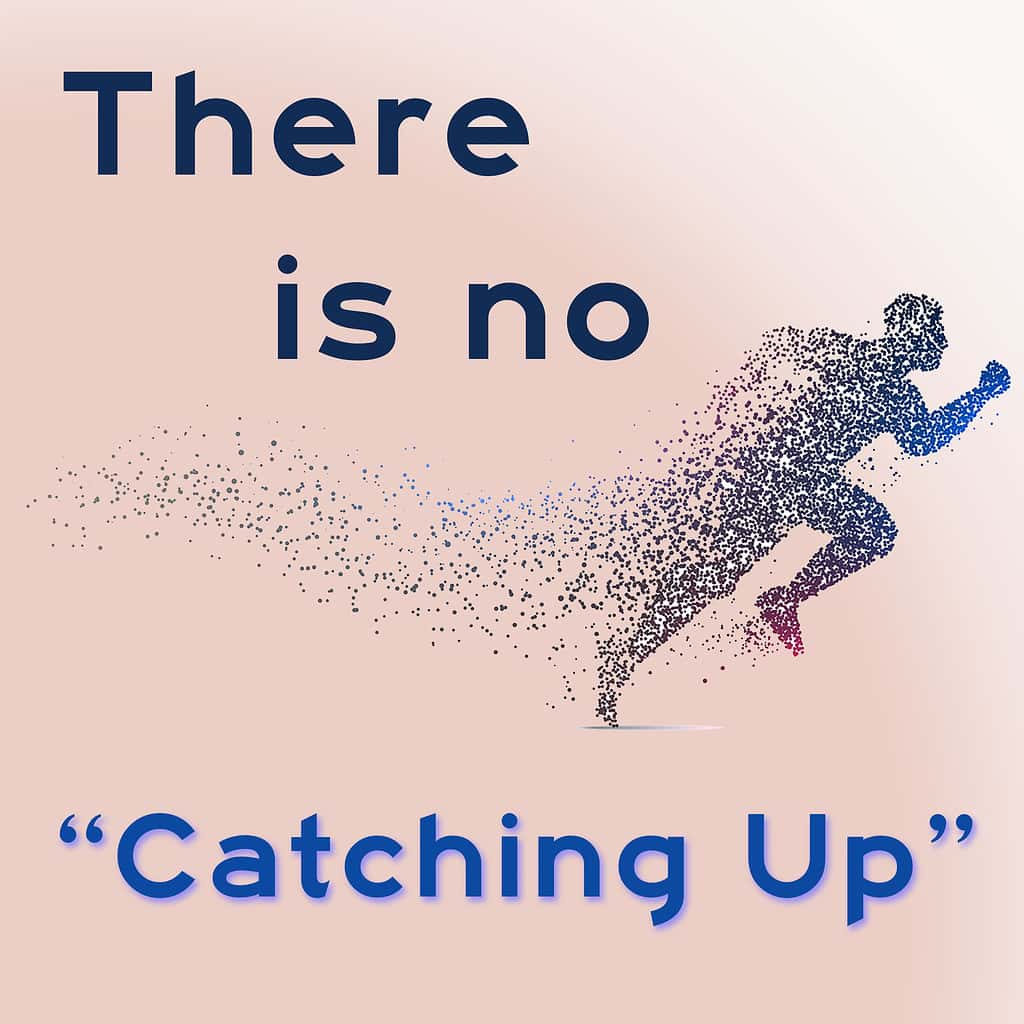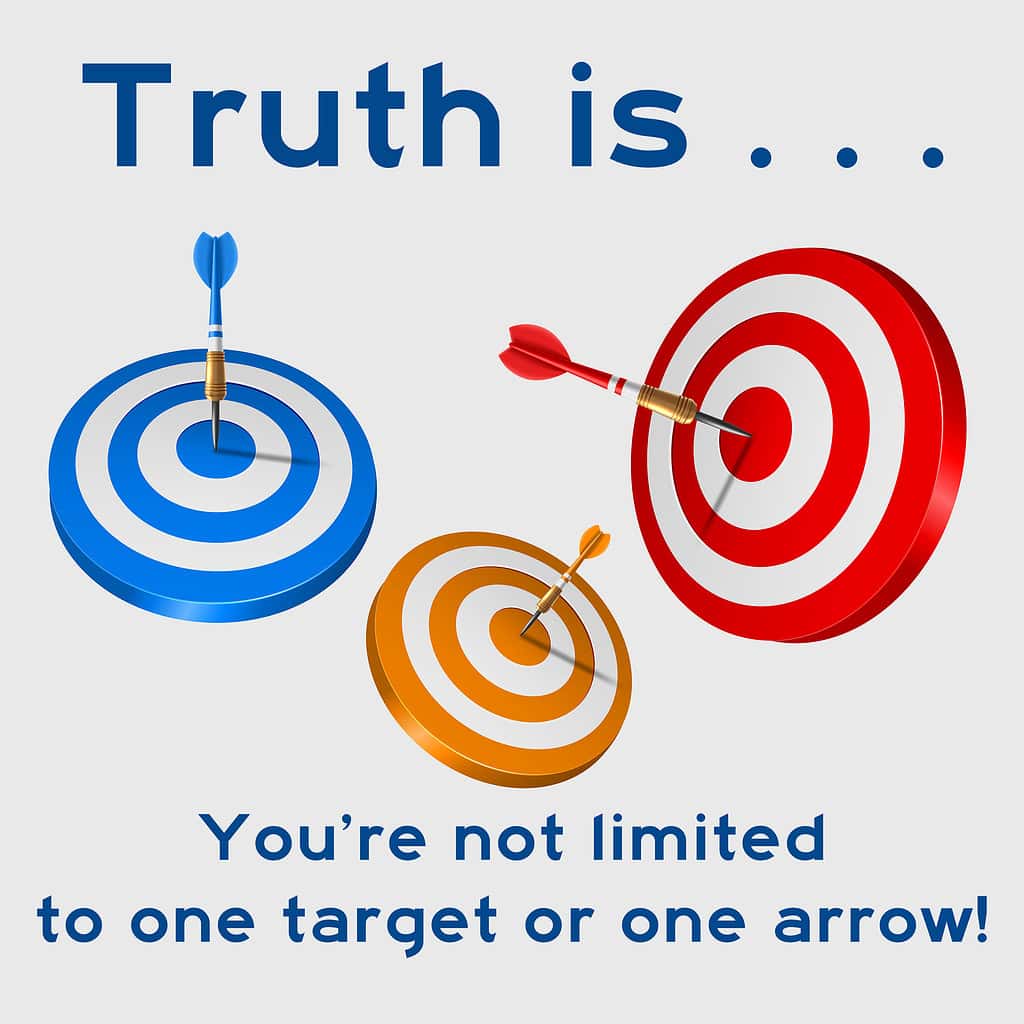There’s a “classic” model for looking at knowledge that’s known as the “Conscious Competence” model. It describes the evolution of knowledge about any subject. There are four stages:
- Unconscious Incompetence. Here, you don’t know what you don’t know. You might not even know that the subject of knowledge is a “thing” that other people know. You are literally clueless. You don’t even know the words to describe what you don’t know.
- Conscious Incompetence. When you begin to learn about something, you realize that there’s a lot more to it than you thought. And you can learn more and more, but it all just seems to reinforce the knowledge that there’s much more that you don’t know.
This stage is essential in your growth and success. It makes you aware of all the things you need to learn. And your conscious awareness of your own ignorance helps you to see the boundaries of your knowledge. You may choose to avoid learning more on a subject, but you are aware that you have made that decision.
- Conscious Competence. Here, you have learned a certain skill level, and you are aware of where you stand with regard to your knowledge. You know what you know! And, better yet, you know that you have certain knowledge. You can sit down and figure out pretty much everything in your field. If you’re not careful, this stage can lead to arrogance.
- Unconscious Competence. This is (theoretically) the pinnacle: You know so much about a subject that you perform “automatically” and do not have to think. You have totally internalized the knowledge and become a master in your field.
If you want to learn more, just Google “Conscious Competence.” There are plenty of resources out there.
No matter what stage you are at, you can be aware of your own knowledge. Just take a little time to think about it (slow down, get more done) and you’ll figure out where you fall. Are you the most skilled person in this field? Top ten percent? In the middle? Beginner?
I encourage you to figure out where you are with regard to the knowledge areas most important to service delivery in your company. Also, encourage your employees to do the same. There are many benefits to this.
When you make knowledge awareness a part of your culture, you also encourage people to be absolutely honest about their self-awareness. This can lead to a culture of constant training, constantly sharing knowledge, and constantly improving the skills of everyone on the team.
In my IT service businesses, I always kept a spreadsheet with the key knowledge areas we valued (e.g., technical skills, troubleshooting skills, customer service skills, etc.). It was actually quite a long list, with a lot of emphasis on the technical knowledge. Then we ranked everyone and listed the top three people in each category. Who has the most knowledge of Internet routing protocols? Firewall configurations? Microsoft Office products? And so forth.
This information allows you to help people set goals. You want to be number one in customer satisfaction? Okay, first get to #3, then #2. We’ll make it part of your quarterly goals. We’ll get you the time to practice and the training that’s needed.
Getting It Wrong
Many companies get knowledge awareness “wrong”—and it hurts them in the long run. How do you get it wrong? There are a few ways.
First, you might have a culture that encourages some people to hoard knowledge in the false belief that it increases their job security. So, one person holds lots of knowledge and many others are hampered in their jobs because they cannot access the knowledge.
Similarly, knowledge hoarding can lead to a lack of training for people who need it. If one person is to be the expert, then others are not trained, even though it would be good for everyone, and the company.
Second, you might find that your company has “silos” of knowledge. That happens when departments feel like they’re competing with one another. They don’t share knowledge because they want to maintain a certain relationship with the customer, the owner, or even certain vendors. They don’t trust other departments, and keeping knowledge to themselves allows them to have more control over the decision-making process.
There are many reasons for knowledge to become siloed. I would like to say that it always happens by accident, but there’s too much evidence that that’s not the case. Very often, knowledge is siloed for strategic reasons. I do know this: Knowledge silos are always a bad thing and always a sign of a culture that needs to be fixed.
A third way that knowledge awareness can be wrong is called the Dunning-Kruger Effect. Again, Google it. The Dunning-Kruger Effect is a very odd and surprising observation: People who have just a little bit of knowledge actually believe that they have superior knowledge.
In other words, the least knowledgeable people tend to think they are the most knowledgeable!
Think back to the Conscious Competence mode. Some people are in the Unconsciously Incompetent stage (they don’t even know what they don’t know), but they think they are in the Consciously Competent stage (they think they know it all).
It is surprisingly easy to fight this tendency: Create a culture of knowledge awareness. Make everyone on your team aware of their knowledge level, and the knowledge levels of everyone else on the team. At the same time, encourage people to share knowledge, grow their knowledge, and help each other out.
One of the great truths about life is my personal motto: Nothing happens by itself. This is certainly true when it comes to knowledge awareness!
The Benefits of Knowledge Awareness
Aside from all the good things above, knowledge awareness can do a lot to improve your company’s successful service delivery. As with everything else, there are several layers to this.
One great benefit is getting improved support when you need it. For example, when your team needs to get support from a manufacturer or service provider, your honest and accurate self-awareness of knowledge helps a lot. Let’s say you call tech support for whatever software you use to run your business. The service provider will try to figure out whether you are a beginner, an average user, or an expert. You need to be honest about this!
When you call tech support, you should always try to evaluate them as well. You should be talking to someone who knows more than you do. That obviously requires that you know where you are. And you can’t over-state your knowledge (intentionally or not) because then you slow down your own progress in solving the problem.
If you’re talking to someone who knows more than you (very likely), then you need to become the student. Take great notes. Use the call as a learning experience. But if you know more than the person you’re talking to, you need to get escalated as soon as possible. Again, you want to be talking to someone who knows more than you.
One way to get escalated is to take extremely good, thorough notes about what you’ve done and what you have not done. This includes actions you took with the lower level tech support. (As a side note, if you take good notes, you will usually have better notes than the people you’re talking to.)
When the support folks realize that you really do know what you’re talking about, what you’ve done, and the order in which you’ve done it, they will treat you with more respect and together you will solve the problem sooner.
There is tremendous power when you realize that you absolutely master a certain knowledge. This normally comes after many years working with the same information. Don’t fool yourself and think you are at a “master” level before you really are!
When you truly master some knowledge, you will be able to assess the situation very quickly. You will be able to make good decisions almost automatically. You may never be perfect, but you will end up being right pretty much all the time.
And before you know it, a dozen years will have passed . . . and you will be Unconsciously Competent.
Good luck!
🙂
— — —
For more great tips on your personal and business success, please check out my new book:
The Absolutely Unbreakable Rules of Service Delivery
Available on Kindle or in Paperback.
More information at









